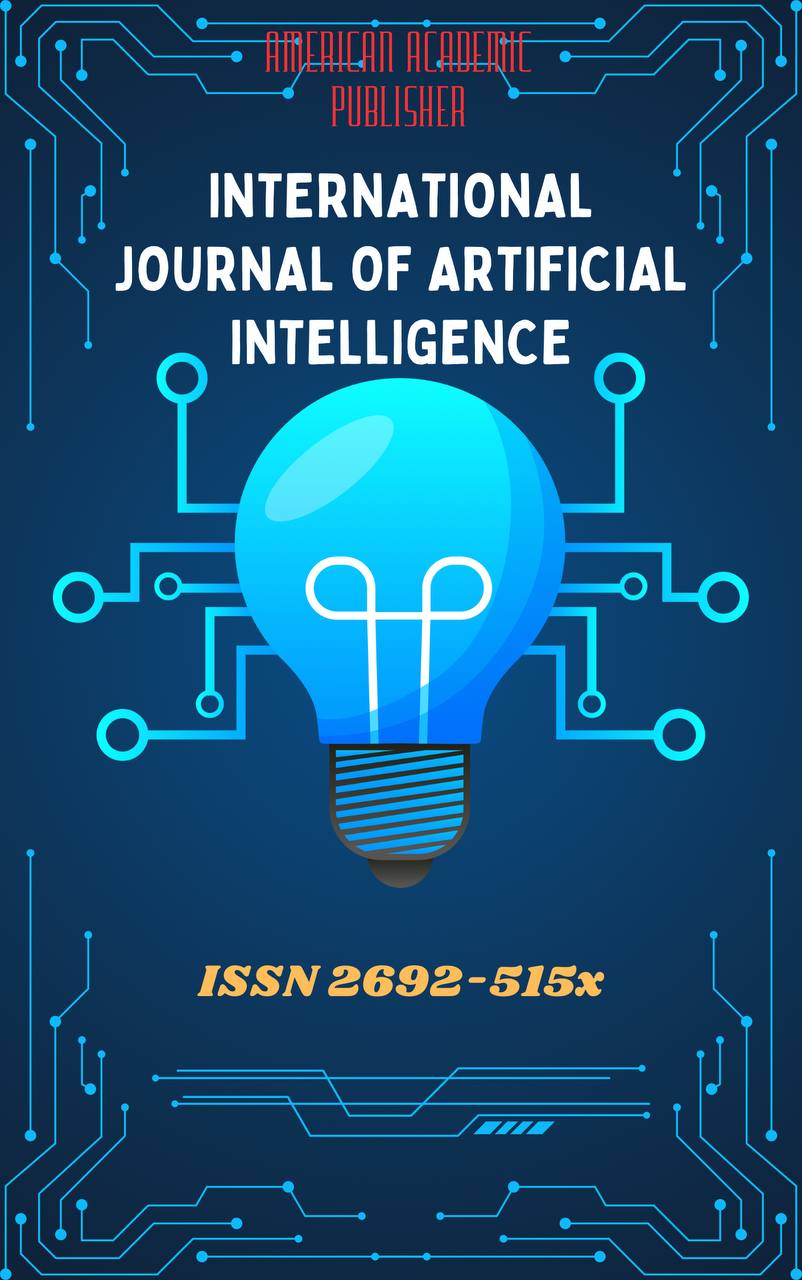 Articles
| Open Access |
Articles
| Open Access | THE IMPORTANCE OF AUTHENTIC MATERIALS TO ENHANCE LISTENING COMPETENCE
Latipov Bobur Bakhromovich , Karshi State University teacherAbstract
This article explores the significance of authentic materials in enhancing listening competence. The use of authentic materials is essential in enhancing listening abilities, particularly in language learning and communication skills development. Authentic materials refer to resources created for real-life communication rather than for educational purposes, such as podcasts, news broadcasts, films, and conversations. These materials offer learners exposure to natural language, diverse accents, colloquial expressions, and contextual usage that are often absent in traditional learning materials. By engaging with authentic materials, learners not only improve their listening comprehension but also gain insights into cultural nuances and practical language usage. This approach fosters a more immersive learning experience, enabling learners to adapt to varied speaking styles and contexts they are likely to encounter in real-world situations.
Keywords
Authentic materials, listening skills, language learning, real-life communication, comprehension, practical usage, immersive experience, contextual learning, diverse accents, colloquial expressions, educational resources, communication skills.
References
Gebhard, J. G. (1996). Teaching English as a Foreign or Second Language. University of Michigan Press.
Gilmore (2007) Gilmore, A. (2007). Authentic materials and authenticity in foreign language learning. Language Teaching, 40(2), 97-118.
Peacock (1997) Peacock, M. (1997). The effect of authentic materials on the motivation of EFL learners. ELT Journal, 51(2), 144–156.
Nunan (1999) Nunan, D. (1999). Second Language Teaching & Learning. Heinle & Heinle Publishers.
Bacon & Finnemann (1990) Bacon, S. M., & Finnemann, M. D. (1990). A study of the attitudes, motives, and strategies of university foreign language students and their disposition to authentic oral and written input. The Modern Language Journal,.
Field (2008) Field, J. (2008). Listening in the Language Classroom. Cambridge University Press.
Morrow, K. (1981). *Authentic Materials for the Teaching of Listening.
Resnick, L. (1996). *Literacy in the Learning Community.*
Richards, J.C. (2006). *Developing Listening Skills: A Course for Teachers.
10 Mishan, F. (2005). *Designing Authenticity into Language Learning Materials.
Cheng, Y.S. (2012). *Enhancing Listening Skills through Authentic Materials: A Reflective Study.*
Carter, R., & Nunan, D. (2001). *The Cambridge Guide to Teaching English to Speakers of Other Languages.*
Article Statistics
Downloads
Copyright License

This work is licensed under a Creative Commons Attribution 4.0 International License.

